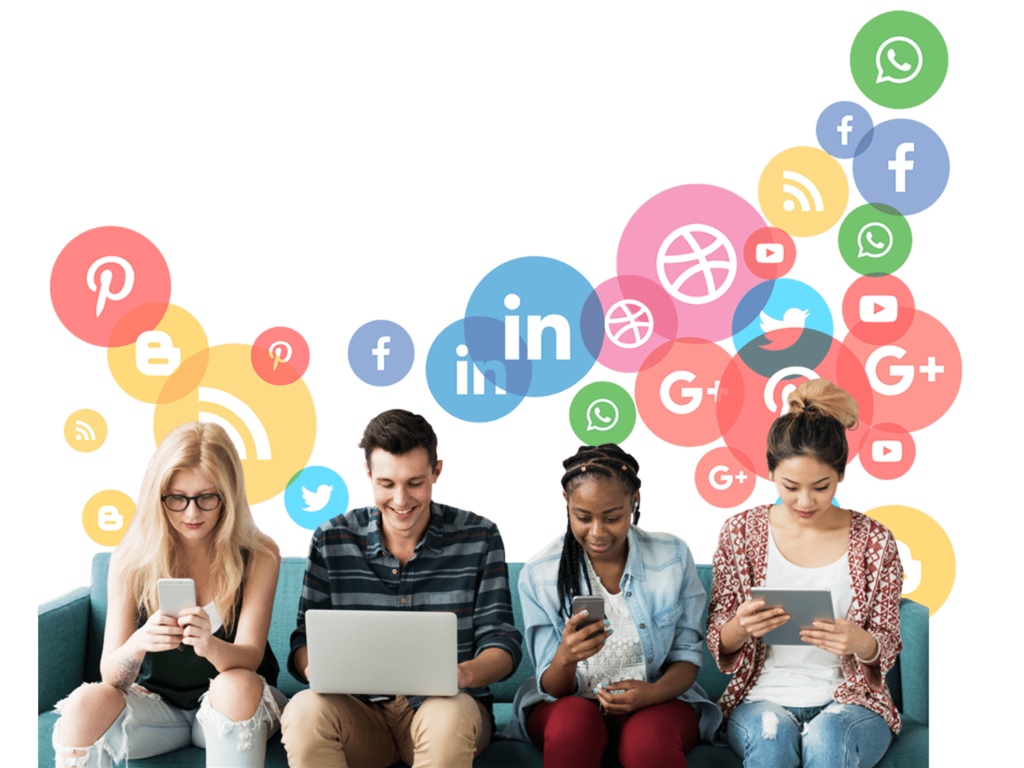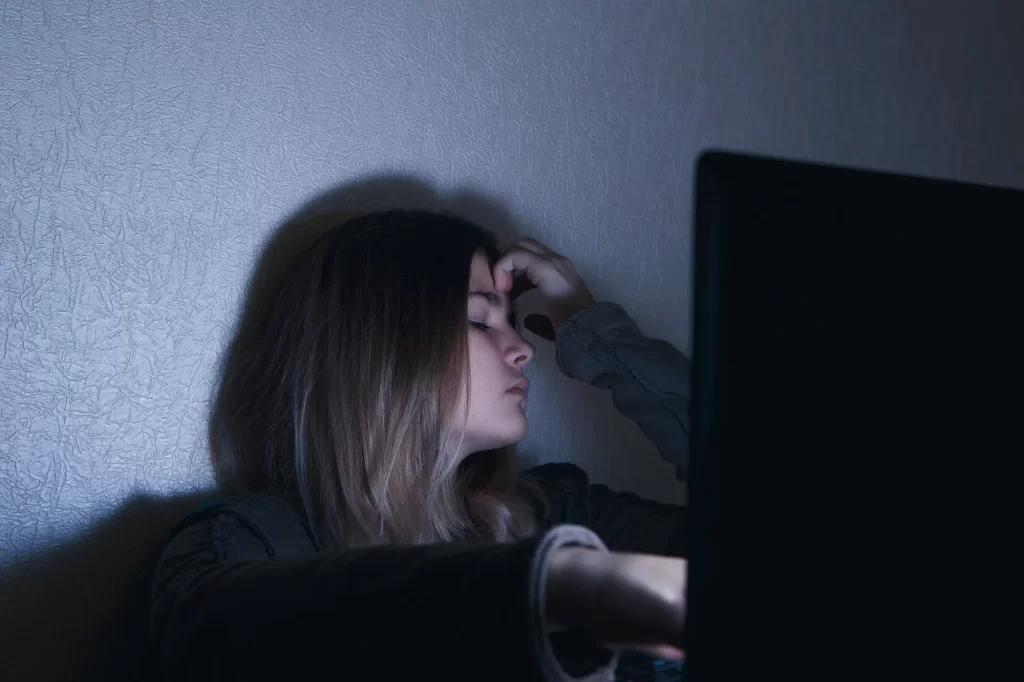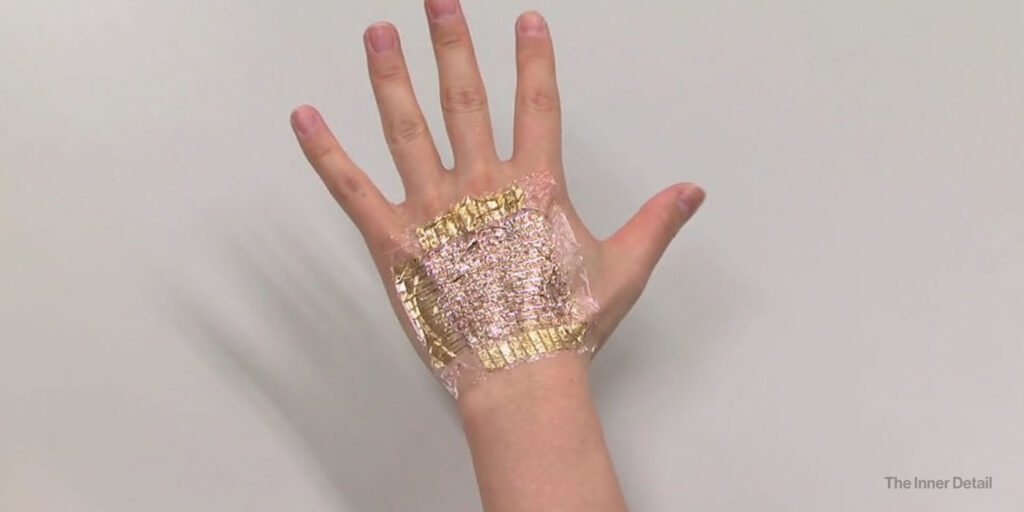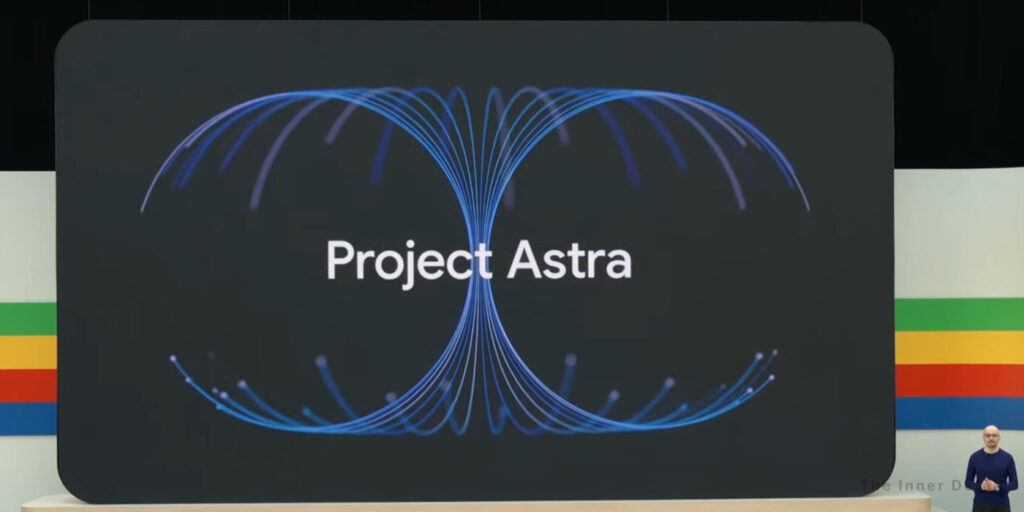Social media has been a tool for many to bridge the connections, a platform to blend relationships and a clouded home to stay in touch with friends and family, atleast by sharing memes. The so-kind of place besides serve also as an escape-world, where people spend their time when they feel bored or nothing to do.
However, taking more of time in Social-media, according to recent survey, may lead to depression, as conforms to a famous Tamil line that says “Even the nectar is a poison, if it is exceedingly consumed”.
A new study led by researchers from University of Arkansas uncovers that prolonged Social Media use (SMU) may perturb a person inducing depression from minor to fatal extent that depends on one’s personality characteristics. The dose of usage of the platforms will indeed alter a person’s thinking, daily functioning and sleeping, affecting mental health alarmingly.
Social-Media & Mental Health
The common thing mostly among millennials and Gen-Z is their susceptibility of mental health, owing to various reasons, which researchers predict of worsening if they spend too much time in social media.

The World Health Organization (WHO) estimates that one in 20 adults lives with depression, a leading cause of disability around the world.
This mood vulnerability possibly leads to chronic feelings of sadness with no known cure. Mood disorders like depression tend to begin in early adulthood, researchers alert.
In a staggering way, an exclusive interview with Renae Merrill, a doctoral student who co-authored the research paper revealed that SMU-related depression is no lesser than depression caused by behavioral disorders such as substance use, problem gambling or sex addiction.
“Addiction can be found throughout society in its various forms that increase the risk of developing different types of health problems. SMU-related depression is no different and can also be categorized as problematic addiction. This is due to the similar neuro-effects in the reward centres of the brain that contribute to reactive behavior,” Merrill explained.
Further, she added, “both positive and negative reinforcement (e.g., alerts, auto-play features, and the general interaction between one’s network) on social media platforms contribute to using the devices more.”
The SMU Study and Results
Merrill and co-authors reported how much time people spent on 10 leading social media platforms, using the data collected over six months by University of Pittsburgh researchers. That had the report of 978 people aged 18-30.
They brought in personality traits of people into it, to assess how people with different characteristics are prone to overuse of social media. They arrived at last with five personality characteristics – neuroticism (negative thoughts like anxiety, fear), agreeableness, openness, conscientiousness and extraversion, and their association with the development of depression over 6 months of scrolling down social-media.
The team found that participants with high agreeableness were 49% less likely to develop depression than those with low of that. And it’s were more than twice as likely to develop depression for people with high neuroticism compared to people of low neuroticism.
Overall, the researchers concluded that:
“For each personality characteristic, increased social media use was significantly associated with developing depression. Interaction terms showed that associations between social media use and developing depression did not vary according to any of the personality characteristics.”
How to overcome Social-Media Addiction?

Well, what researchers encourage practitioners by saying “target reduction of social media use overall regardless of personality type”, means simply ‘don’t use them often’. This is easier said than being done, though, they agree.
Social media platforms, in general are designed in such a way that pulls up features or tools that urges you to keep on staying in the app or revisit when you are not on it. Whether it may be funny reels in Instagram, streaks in snapchat and chats in WhatsApp, all they need is user’s attention.
In a podcast, Dr. Lisa W. Coyne, an assistant professor of psychology at Harvard Medical School said that limiting social media time is challenging because these platforms are built to keep our attention. “The platforms will shape your behavior to continue to engage you,” she added.
Opinion
Over a period of time of using the social-media would make you comfortable in its platform like the impact of being close to a person, which afterwards emotionalize an uncomfortableness if you are not using them, just like you feel bored when your favorite people are not around you.
Related Posts
The right way to scale back on social media addiction is the willingness to be uncomfortable and to feel the absence of social media.
Instead of diving into the online-socializing, Dr.Coyne advises to spend the time in offline-socializing, calling out a friend, walking, or activities that you can do without the use of any technology.
Also, practice yourself of planning tasks in your smartphone, so that you unlock your phone only to do those tasks and you lock the phone instantly after finishing the task. It would be quite difficult to have control over your mind at the start. However, trying and trying again and again could put you on yourself.
Have a good day 😊






